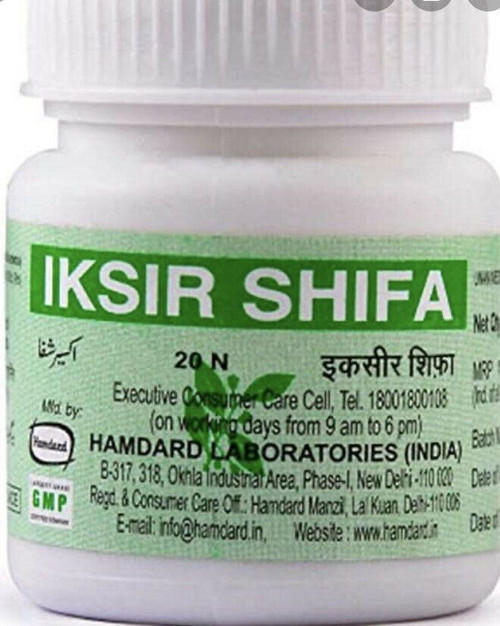Memorygrit useful in various brain disease 20
Memorygrit, an advanced nootropic, has shown potential in supporting brain health and cognitive function, particularly in the context of various brain diseases. Here are 20 brain conditions where Memorygrit might be useful, along with a brief explanation for each:
- Alzheimer's Disease: May help slow cognitive decline by enhancing neurotransmitter activity and reducing beta-amyloid plaques.
- Parkinson's Disease: Could improve motor function and reduce neuroinflammation.
- Dementia: Supports overall cognitive health and slows the progression of symptoms.
- Multiple Sclerosis (MS): Helps manage cognitive symptoms and neurodegeneration.
- Stroke Recovery: Aids in neuroplasticity and functional recovery post-stroke.
- Traumatic Brain Injury (TBI): Enhances cognitive rehabilitation and recovery.
- Huntington's Disease: May reduce neurodegenerative symptoms and improve motor function.
- Epilepsy: Supports brain health and may reduce seizure frequency.
- Amyotrophic Lateral Sclerosis (ALS): Slows disease progression and supports cognitive function.
- Attention Deficit Hyperactivity Disorder (ADHD): Improves focus, attention, and executive function.
- Autism Spectrum Disorder (ASD): Enhances cognitive function and reduces behavioral issues.
- Schizophrenia: Supports cognitive function and reduces negative symptoms.
- Bipolar Disorder: Enhances cognitive stability and mood regulation.
- Depression: Improves mood, cognitive function, and overall brain health.
- Anxiety Disorders: Reduces anxiety symptoms and supports cognitive clarity.
- Obsessive-Compulsive Disorder (OCD): Improves cognitive flexibility and reduces obsessive behaviors.
- Migraine: Reduces frequency and severity of migraine attacks by enhancing brain health.
- Chronic Fatigue Syndrome: Enhances cognitive function and reduces fatigue.
- Fibromyalgia: Improves cognitive function and reduces brain fog.
- Age-Related Cognitive Decline: Supports overall brain health and maintains cognitive function in aging populations.
Memorygrit potentially works through various mechanisms such as enhancing neurotransmitter levels, reducing oxidative stress, and promoting neurogenesis and neuroprotection. However, the effectiveness and safety of Memorygrit for these conditions should be validated through rigorous clinical research. Always consult with healthcare professionals before starting any new supplement regimen, especially for managing brain diseases.









